Читать онлайн книги автора Дорис Лессинг бесплатно

Странное агрессивное существо, напугавшее читателей «Пятого ребенка», снова появляется на страницах второго романа фантастической дилогии великой английской писательницы Дорис Лессинг.Теперь Бену восемнадцать, хотя выглядит он на все сорок, его называют приматом и йети, он ест птиц живьем и обладает нечеловеческой силой. Что произойдет с этим героем, оказавшимся среди людей?
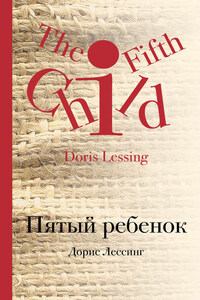
Гарриет и Дэвиду с самого начала удается осуществить прекрасную мечту всех молодоженов: у них есть большой и уютный дом, стабильный доход, четверо счастливых и прелестных ребятишек и куча любящих родственников. Каникулы в их доме – изобильные праздники жизни и семейного счастья. А потом у них появляется пятый ребенок, ничего сверхъестественного… Но вот человек ли он?
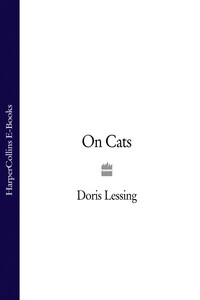
A collection of charming and celebrated writings about cats, from Doris Lessing, winner of the Nobel Prize for Literature.Doris Lessing’s love affair with cats began at a young age, when she became intrigued with the semi-feral creatures on the African farm where she grew up. Her fascination remained undiminished by the handsome domesticated creatures who shared her flats and her life in London and grew into real love with El Magnifico, the awkwardly lovable cat who in his later years suffered the great indignity of becoming a three-legged beast.Consisting of Lessing’s celebrated collection of stories, ‘Particularly Cats and Rufus’, and the poignant though unsentimental memoir, ‘The Old Age of El Magnifico’, this book is a brilliant evocation of the feline world.
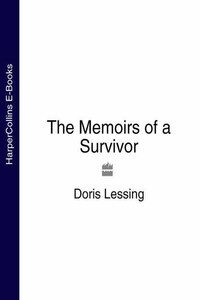
A compelling vision of a disorienting and barbaric future from Doris Lessing, winner of the Nobel Prize for Literature.Many years in the future, city life has broken down, communications have failed and food supplies are dwindling. From her window a middle-aged woman – our narrator – watches things fall apart and records what she witnesses: hordes of people migrating to the countryside, gangs of children roaming the streets. One day, a young girl, Emily, is brought to her house by a stranger and left in her care.
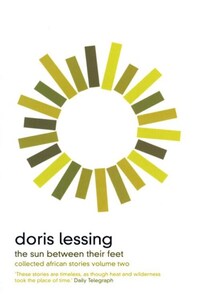
The second volume of Doris Lessing’s ‘Collected African Stories’, and a classic work from the winner of the Nobel Prize for Literature.‘As for these stories – when I write one, it is as if I open a gate into a landscape which is always there. Time has nothing to do with it. A certain kind of pulse starts beating, and I recognise it: it is time I wrote another story from that landscape, external and internal at the same time, which was once the Old Chief’s Country.’ Doris Lessing, from the PrefaceThis much-acclaimed collection of stories vividly evokes both the grandeur of Africa and the glare of its sun and the wide open space, as well as the great, irresolvable tensions between whites and blacks.
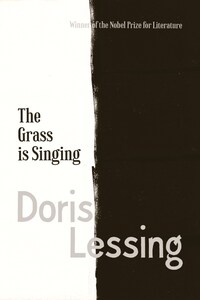
The Nobel Prize-winner Doris Lessing’s first novel is a taut and tragic portrayal of a crumbling marriage, set in South Africa during the years of Arpartheid.Doris Lessing brought the manuscript of ‘The Grass is Singing’ with her when she left Southern Rhodesia and came to England in 1950. When it was first published it created an impact whose reverberations we are still feeling, and immediately established itself as a landmark in twentieth-century literature.Set in Rhodesia, it tells the story of Dick Turner, a failed white farmer and his wife, Mary, a town girl who hates the bush.
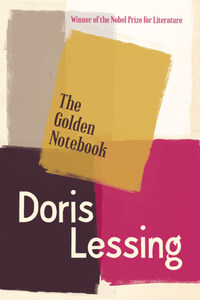
The landmark novel of the Sixties – a powerful account of a woman searching for her personal, political and professional identity while facing rejection and betrayal.In 1950s London, novelist Anna Wulf struggles with writer’s block. Divorced with a young child, and fearful of going mad, Anna records her experiences in four coloured notebooks: black for her writing life, red for political views, yellow for emotions, blue for everyday events. But it is a fifth notebook – the golden notebook – that finally pulls these wayward strands of her life together.Widely regarded as Doris Lessing’s masterpiece and one of the greatest novels of the twentieth century, ‘The Golden Notebook’ is wry and perceptive, bold and indispensable.
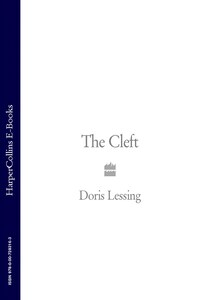
Doris Lessing, winner of the Nobel Prize for Literature, invites us to imagine a mythical society free from sexual intrigue, free from jealousy, free from petty rivalries: a society free from men.An old Roman senator embarks on what may be his last endeavour: the retelling of the story of human creation. He recounts the history of the Clefts, an ancient community of women living in an Edenic, coastal wilderness, in the valley of an overshadowing mountain. The Clefts have no need, or knowledge, of men – childbirth is controlled through the cycles of the moon, and their children are always female.